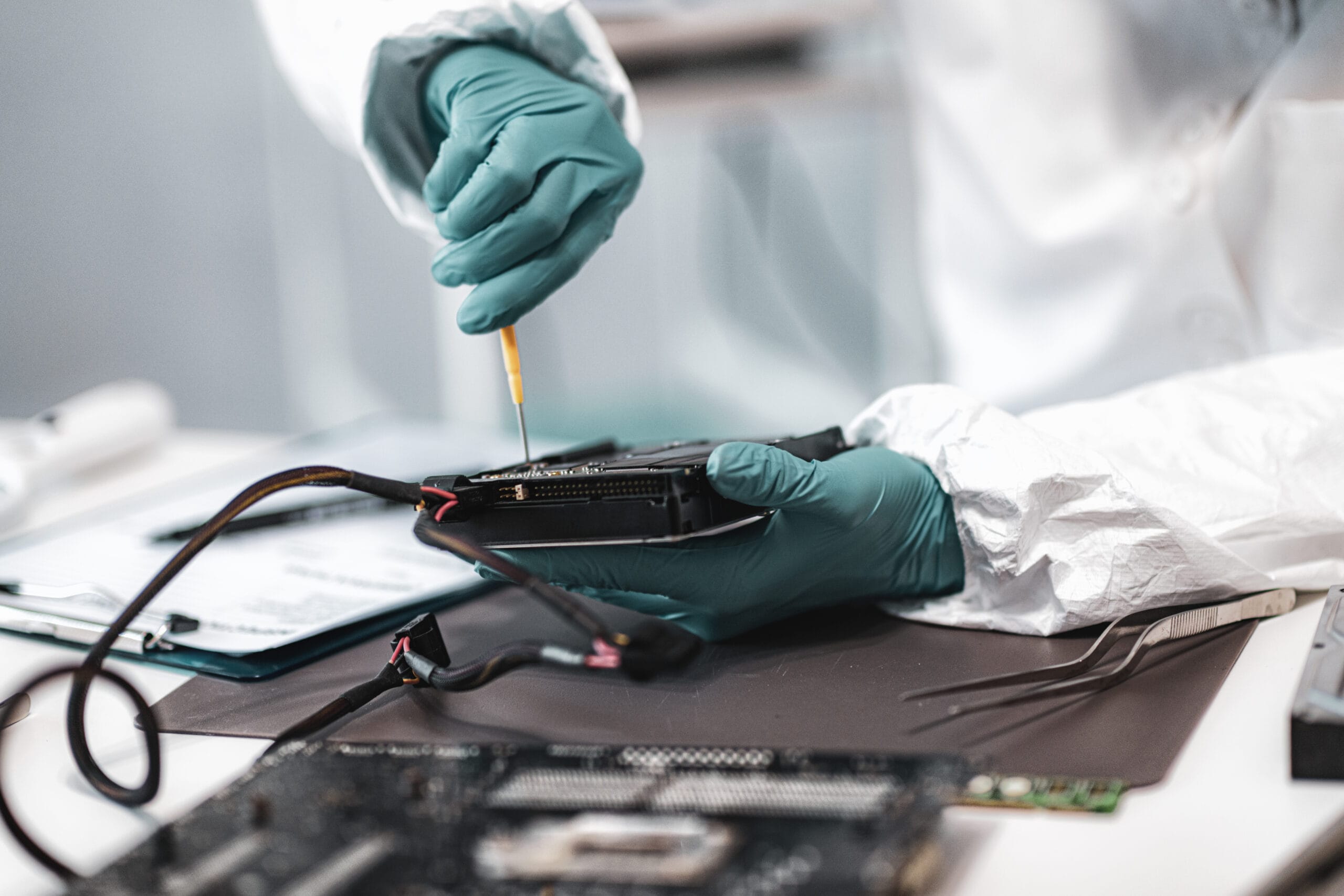Arbitration can be faster and more cost-effective than traditional litigation, but it becomes considerably more difficult to take advantage of these benefits if your case involves extensive eDiscovery. In fact, in 2013, the challenges and expense of processing electronically stored information (ESI) led The American Arbitration Association to revise its rules concerning commercial arbitration. This revision could have a significant impact on your discovery process.
In this article, we’re going to explain the impacts of the AAA’s rule change and share some strategies you can use to effectively and economically perform eDiscovery during the arbitration.
Let’s get started!
Understanding the AAA Rule
By revising their rules, the AAA empowered arbitrators to perform numerous oversight functions such as managing the exchange of ESI, imposing ESI search restrictions, making cost allocations, and sanctioning non-compliance. Parties should be prepared to discuss and compromise on discovery rules. If an agreement cannot be reached, understand that the arbitrator may limit discovery on critical facts for the case.
Establish the Scope of Discovery
Defining the scope of discovery is one of the most effective strategies for controlling costs. You’ll need to meet with opposing counsel to share your discovery positions and select the desired form of evidence production. Once you’ve reached an agreement, it can be presented to the arbitrator directly.
Minimize Depositions
Conducting depositions will increase expenses and require more time from all parties involved. For that reason, limiting the number of depositions can be an effective way to control costs. Ultimately, AAA R-l-3(a) gives arbitrators the authority to determine the scope of
appropriate depositions, however, most are willing to take into account the recommendation of both parties before making a decision. If you propose reasonable limits on the number of depositions and the total number of deposition hours, the arbitrator is likely to accept this proposal.
Prepare for Potential Cost-Shifting
As a rule, your discovery requests should always be based on proportionality and sound legal reasoning. Broad document requests are not only considered poor form, but it can also cause the arbitrator to exercise cost-shifting authority. Your arbitrator has a responsibility to consider cost-shifting in any case where it may be necessary to balance a party’s desire for a specific ESI source against the producing party’s burden to provide it.
Final Thoughts
Thanks for reading! We hope we’ve been able to offer some useful tips for performing eDiscovery during the arbitration. By conducting effective discovery, you can reap the traditional benefits of arbitration and enjoy the cost-savings and more rapid case resolution. If you enjoyed this article, let us know on social media!
Please don’t hesitate to contact us with any questions or concerns. At First Legal, we’re here for you from File Thru Trial™!





